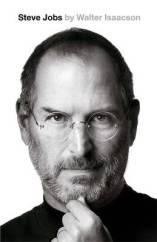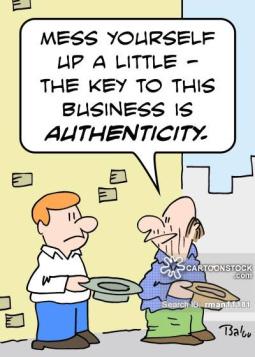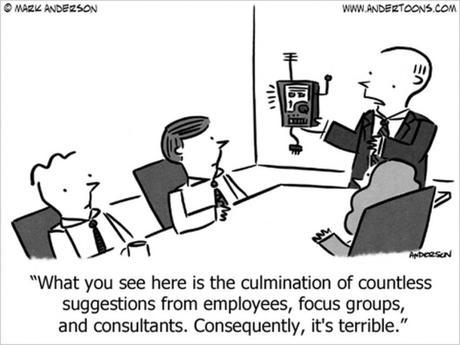We came across an article in Forbes - Opinions expressed by Forbes Contributors are their own - that is called Five Conventionally Accepted Wisdoms That Destroy Innovation. It is written by Dr. Sunnie Giles, the author of the The New Science of Radical Innovation and founder of Quantum Leadership Group, helping organizations catalyze radical innovation by harnessing complexity.
The article is an excellent example of Innovation Crap or Innovation Rubbish. Of course, the article starts with obligatory statements like "Businesses today operate in an unprecedented environment of volatility, uncertainty, complexity, and ambiguity. Innovation is the only way to survive in today's fast-moving environment, and success demands new leadership skills. Let's contrast outdated rules of thumb with updated reality."
We have read the article and concluded that it all about Five Conventionally Accepted (Wisdoms) Stupidities by Innovation Experts That Destroy Innovation.
"Failure is not an option" and "Good is an enemy of great."The author claims that failure is a necessary input to radical innovation instead of driving for perfection, leaders must encourage fast, safe failures, facilitate learning from those failures, and disseminate the learning quickly.

Perhaps the author means perseverance in setbacks as they occur? And fast reality testing of pilots in a safe environment?
"There is no such thing as work-life balance" and "Emotions are inappropriate in the workplace."The author claims that instead of trying to balance the two, leaders must bring their whole selves to work and to their families. You must become authentic: feel what you see, express what you feel. Excluding emotion robs our leaders of authenticity.

Anyway, it is a very bad advice. It is a paradoxical message. How can I be authentic at all as someone has ordained me to be authentic? Paradoxical messages can seriously paralyze human relations and even lead to schizophrenic behaviour.
"Don't bring me problems unless you bring me solutions, too."The author claims that solutions one person-even one genius-can come up with are almost invariably inferior to those generated by the wisdom of the crowd.
Perhaps a crowd at a county can fairly accurately guess the weight of an ox than the estimates of most crowd members. However, we doubt whether this applies to coming up with innovations. For that, too many facets of group dynamics play a role, like group obedience.

